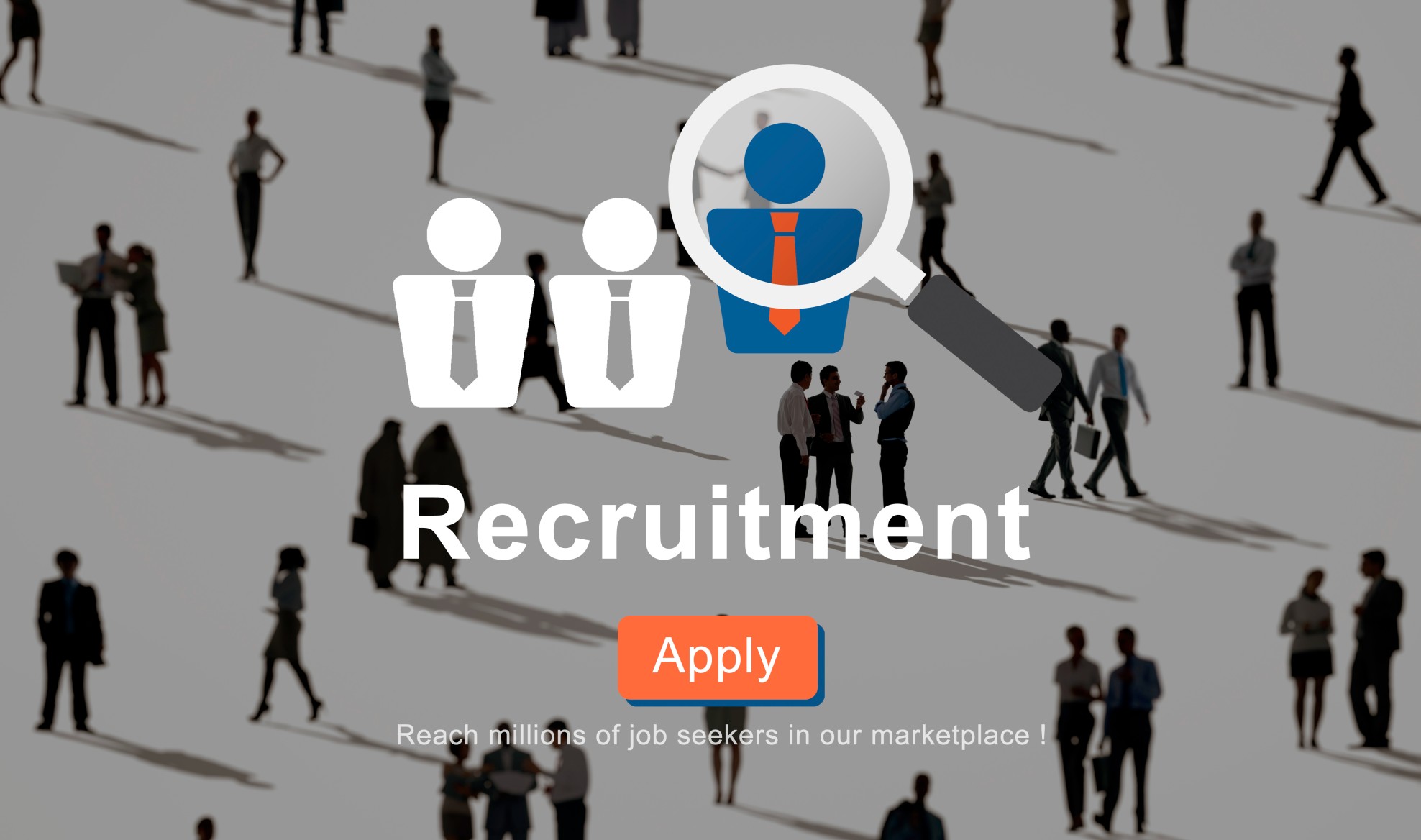Talent Acquisition at a Crossroads: Transforming the Industry for the Future

The talent acquisition industry stands at a pivotal moment. As businesses intensify their search for skilled professionals — especially those equipped to harness the power of Generative AI (GenAI) — the role of recruiters has never been more critical. Yet, despite their importance, the recruitment profession faces mounting criticism from candidates, business leaders, and even recruiters themselves. To regain its stature, the industry must evolve, embracing new technologies and redefining its strategic value.
Recruiters play a vital role in connecting businesses with the talent they need to grow. Their work extends beyond filling vacancies — it involves shaping workforce strategies, building strong relationships, and ensuring long-term organizational success.
Why Talent Acquisition Matters
Reaching Passive Talent: With 70% of the workforce categorized as passive talent, recruiters go beyond job postings to engage professionals who may not be actively searching. Headhunting and effective communication of Employee Value Propositions (EVPs) are essential in this process.
Reducing Bad Hires: A poor hiring decision can cost businesses up to $240,000 per hire, making strategic recruitment a cost-effective investment.
Facilitating High-Stakes Negotiations: Recruiters act as mediators during sensitive discussions, ensuring smooth communication and reducing friction during hiring.
A Multi-Disciplinary Profession
Today’s recruiters must excel in marketing, sales, negotiation, psychology, and increasingly AI to meet the demands of modern businesses. Despite these requirements, the industry often struggles with its public image and internal challenges.
Despite their contributions, recruiters face significant perception issues. To chart a path forward, it’s crucial to address these concerns directly.
Why Recruitment Gets a Bad Rap
Transactional Practices: Many agencies prioritize activity metrics over meaningful relationships, perpetuating a "volume over value" mindset.
Internal Competition: Recruiting agencies often compete with in-house HR teams, creating friction and undermining collaboration.
High Turnover: Staffing agencies experience 25% turnover rates, leading to inconsistent service quality.
Limited Business Strategy Integration: A lack of alignment with business goals reduces recruiters' perceived value, with many HR leaders focusing more on “helping people” than driving measurable outcomes.
These issues detract from the profession’s credibility, painting recruiters as either transactional or detached from broader business needs.
While Generative AI (GenAI) offers promising tools for automating repetitive tasks, recruitment remains a deeply human-centered profession. AI excels at parsing resumes, identifying patterns, and streamlining workflows. However, the human ability to connect with candidates, interpret nuanced needs, and make judgment calls remains irreplaceable.
How AI Supports Talent Acquisition
Efficient Resume Screening: AI can quickly identify qualified candidates, saving recruiters time.
Market Insights: Predictive analytics help recruiters understand market trends and align strategies.
Candidate Matching: Advanced algorithms can match job descriptions with candidate profiles more accurately.
The Human Touch
Despite these advancements, recruiters bring emotional intelligence, negotiation skills, and market-specific expertise to the table. Machines can assist, but they cannot replicate the personal interactions that define successful talent acquisition.
A successful transformation of the talent acquisition industry requires collaboration among recruiters, businesses, and candidates.
For Businesses
Organizations must prioritize working with recruiters who:
Understand Business Strategy: Recruiters should offer insights into market dynamics, talent supply, and skills alignment with business goals.
Drive Tangible Outcomes: By focusing on hiring top performers who deliver exceptional results, recruiters can prove their strategic value.
For Candidates
Candidates should view recruiters as career consultants who:
Provide Personalized Guidance: From resume preparation to interview coaching, recruiters help candidates position themselves effectively.
Offer Market Insights: Recruiters share valuable information about industry trends, salaries, and job opportunities.
For Recruiters
Recruiters must:
Embrace Continuous Learning: Developing expertise in GenAI, market strategy, and negotiation is critical to staying relevant.
Prioritize Relationships Over Transactions: Building long-term partnerships fosters trust and drives better results.
To overcome its challenges, the recruitment industry must focus on professional development, communication, and strategic alignment.
Elevating Standards
Mentorship Programs: Experienced recruiters should pass on best practices to newer colleagues.
Certifications and Training: Formalized learning opportunities in business strategy, AI, and industry-specific skills can raise the profession’s profile.
Promoting Strategic Value
Showcasing Success Stories: Highlighting examples of strategic hires and business outcomes can demonstrate the profession’s impact.
Aligning with Business Goals: Recruiters must work closely with organizations to align hiring strategies with broader objectives.
The talent acquisition industry is at an inflection point. With businesses demanding more from their hiring functions and candidates seeking personalized support, the time for transformation is now. By leveraging GenAI and redefining the profession’s strategic role, recruiters can reclaim their position as indispensable partners in organizational success. The future of talent acquisition lies in balancing technology and the human touch to deliver unparalleled value to businesses and individuals alike.

For modern telecom enterprises, delivering exceptional QoS is no longer optional—it’s a brand differentiator and a strategic lever for growth. Static provisioning models won’t cut it in a world of hyper-dynamic data usage.